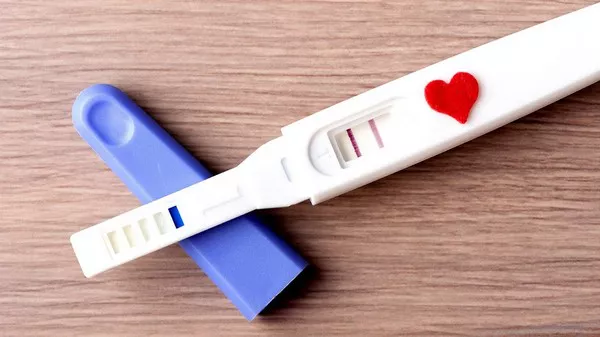Recent studies reveal a notable surge in the detection and treatment of mental health issues among pregnant individuals and new parents compared to a decade ago. However, the progress in diagnosis and care hasn’t been uniform across demographics and regions, leaving some vulnerable populations at greater risk of untreated symptoms, posing potential threats to maternal and infant health.
Conducted by researchers at the University of Michigan and published in Health Affairs, the studies analyzed data spanning from 2008 to 2020, focusing on mental health trends during pregnancy and the first year postpartum among individuals aged 15 to 44 with private insurance. The findings shed light on various aspects of perinatal mental health, encompassing anxiety, depression, post-traumatic stress disorder (PTSD), and suicidal ideation.
Key findings from the studies include:
A substantial increase in the diagnosis of perinatal PTSD, particularly among those also diagnosed with perinatal mood and anxiety disorders (PMAD).
Nearly doubled rates of PMAD diagnoses, with significant upticks observed since 2015.
More than doubled rates of suicidal thoughts or acts, although a decrease was noted among individuals diagnosed with PMAD.
A significant rise in the utilization of psychotherapy and antidepressant medication prescriptions during pregnancy and the postpartum period, especially among those diagnosed with PMAD.
Stephanie Hall, Ph.D., a postdoctoral research fellow at the U-M Medical School Department of Psychiatry and lead author of the studies on PTSD diagnosis and antidepressant prescribing, underscores the shifting landscape in maternal mental health, signaling improved detection and treatment capabilities.
Kara Zivin, Ph.D., a professor at the U-M Medical School and School of Public Health, emphasizes the importance of accessible mental health care for individuals grappling with perinatal mental health issues, emphasizing the consequences of untreated conditions.
The researchers attribute the observed changes to various factors, including increased insurance coverage through mental health parity laws and the Affordable Care Act, updated clinical guidelines advocating for enhanced screening and treatment approaches, heightened societal awareness of mental health issues, and the rise of collaborative care models integrating psychiatric expertise into primary care settings.
Despite the strides made, disparities persist across demographic groups, with variations observed in diagnosis rates and treatment modalities. Black individuals exhibited the largest increase in PMAD diagnoses, while disparities in antidepressant prescribing were evident among different racial and ethnic groups.
Looking ahead, the researchers plan to delve deeper into state-level analyses and explore the impact of policy changes and telehealth-based mental health care initiatives, aiming to address the multifaceted challenges surrounding perinatal mental health comprehensively.
In conclusion, the findings underscore the critical importance of ongoing efforts to enhance perinatal mental health care, with far-reaching implications for maternal well-being and family outcomes.


